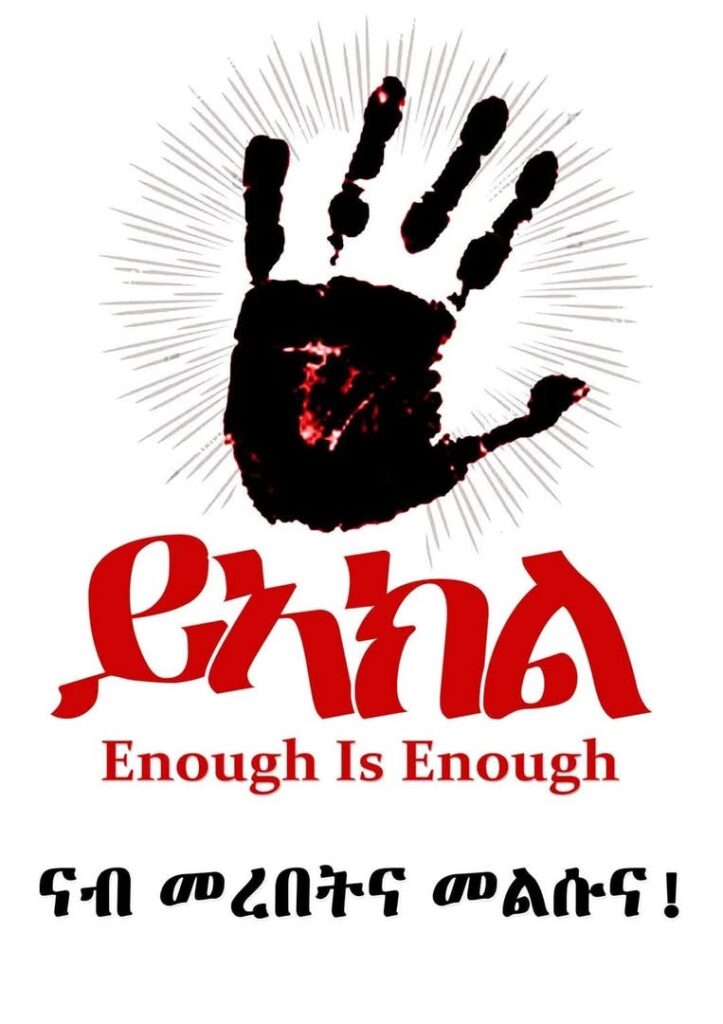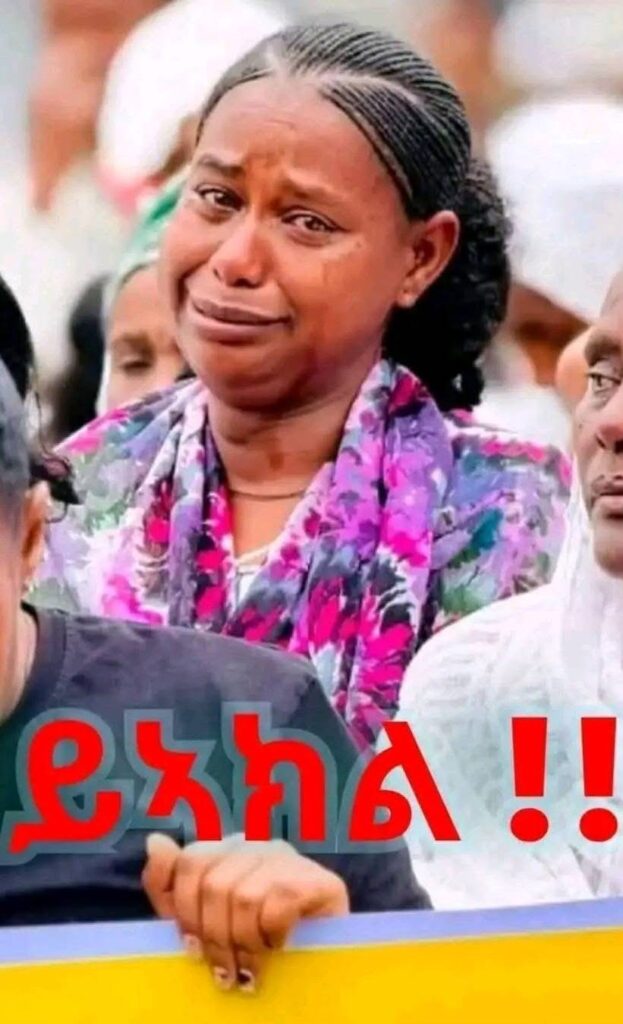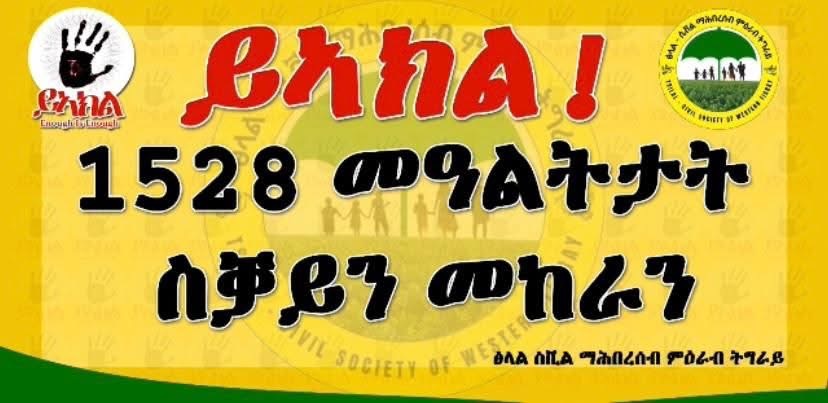UMD Media, January 14, 2025
Mekelle, the capital of the Tigray region, is witnessing its second consecutive day of protests under the rallying cry, “Enough.” The demonstration is aimed at drawing attention to the dire conditions faced by internally displaced persons (IDPs) and urging authorities to take immediate action for their safe return to their homes and for the full implementation of the Pretoria Agreement signed between Ethiopia and Tigray.

Protesters gathered at 70 Kare, an area housing one of the region’s largest IDP camps, and Romanat Square, a central location in the city. Both sites have become focal points for demonstrators calling for urgent humanitarian assistance and the implementation of solutions to end the suffering of IDPs.

The hundreds of thousands displaced people, hailing primarily from Western, Northwestern, and Eastern Tigray, have been enduring inhumane living conditions in overcrowded camps and makeshift shelters. Reports indicate that children and the elderly are among the most affected, with starvation and preventable diseases leading to scores of deaths. Despite the signing of the Pretoria Agreement in 2022, which sought to bring an end to the Tigray conflict, the situation for these IDPs has seen little improvement.
One protester, speaking from Romanat Square, said, “We signed agreements for peace, but where is that peace for our displaced brothers and sisters? Children are dying, elders are dying—this cannot continue.”
Humanitarian agencies have repeatedly called for increased support for Tigray’s IDPs, but the region continues to grapple with inadequate aid delivery, limited resources, and ongoing disputes over the status of displaced communities, particularly in Western Tigray.
The protesters are demanding not only humanitarian relief but also the safe and immediate return of the displaced to their homes. They argue that lasting peace in Tigray will remain elusive unless the plight of the IDPs is addressed.

As the rally continues, the message from Mekelle’s streets is clear: the time for action is now. The region’s leaders and international stakeholders face growing pressure to address the humanitarian crisis and fulfill the promises of peace made in the Pretoria Agreement.




